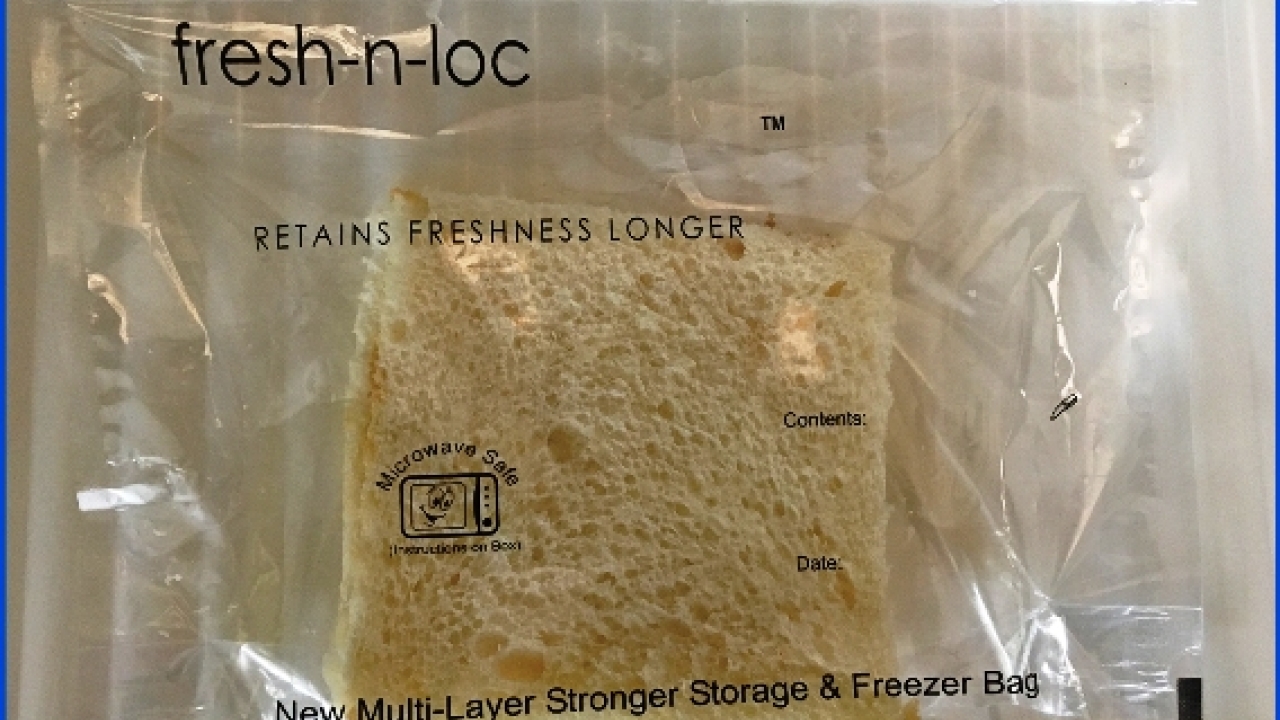Uflex develops enhanced flexible packaging material
Uflex has developed an enhanced flexible packaging material with anti-microbial properties, engineered to keep the pouch active by scavenging microbial growth and enhancing the shelf life of cooked foods packed inside.

Jeevaraj Pillai, joint president of packaging and new product development at Uflex said: ‘In this flexible packaging material, the sealant layer is specially compounded with anti-microbial properties. This is active anti-microbial packaging and is used to actively modify the internal environment by continuous interaction with the food over the stipulated shelf life.
‘Active packaging can be defined as a system that modifies the environment inside the food package thereby altering the state of the packaged food system and its headspace to enhance its quality by extension of shelf life, sensory qualities and maintenance of microbial safety.’
In a trial conducted at room temperature, a sandwich packed in a normal pouch was spoiled after three to four days, whereas one that was packed in the new flexible packaging material kept it protected from microbial growth for eight to nine days. The specially compounded sealant layer with anti-microbial properties can also be used to extend the shelf life of uncooked rice in retail big bags.
‘We are studying the extent of benefit in terms of shelf life extension to this effect,’ added Pillai. ‘Further, this specialized sealant layer, if incorporated in a zip pouch, can redefine its sales trajectory. While an ordinary two ply zip pouch only protects the food items from the environment to keep the aroma intact or protect it from dust, this product will also prevent the food from decay over a defined period of time, thereby extending its shelf life even at room temperature without any refrigeration or cold chain.’
Ashok Chaturvedi, chairman and managing director at Uflex, described the development as a 'concrete and definitive step towards curtailing food wastage through efficient packaging.'
Pillai explained that the pouch remains dormant until it is empty and becomes active only when it comes in contact with food.
‘We also conducted trials on stuffed Indian bread and the results have been very encouraging. In tropical weather, like in India, this packaging can be very helpful in stopping the growth of fungi and other microbes that spoil food. Trials for other varieties of perishable food products, like those with high fat content and for meat and poultry products, are on at the moment. Using this technology, the content of preservatives used by processed food industry can also be reduced.’
Anup Kansal, president of Uflex’s packaging business, said: ‘This new product sits well with our existing range of zip pouches. It offers great value to our consumers by securing their food at room temperature over extended periods. It is a boon to people who want to stick to home food while on their daily commute or travelling away from home.’
Stay up to date
Subscribe to the free Label News newsletter and receive the latest content every week. We'll never share your email address.

